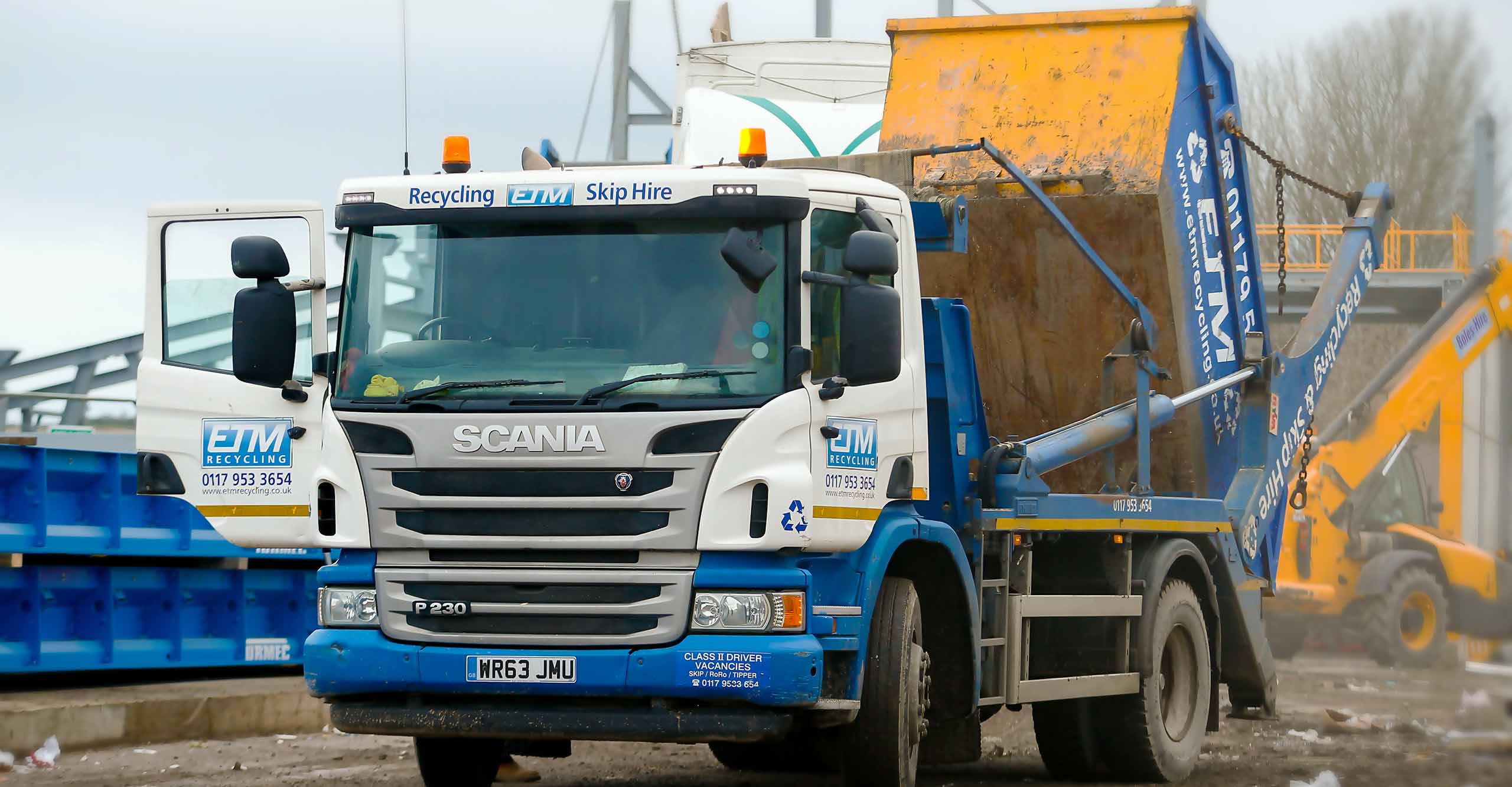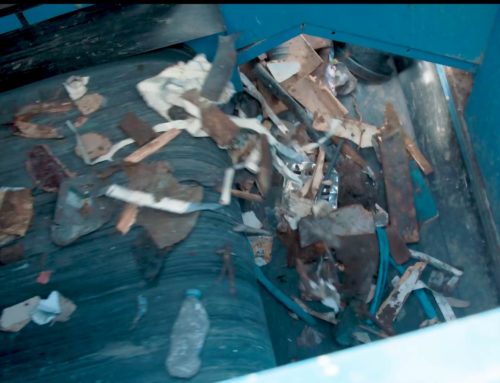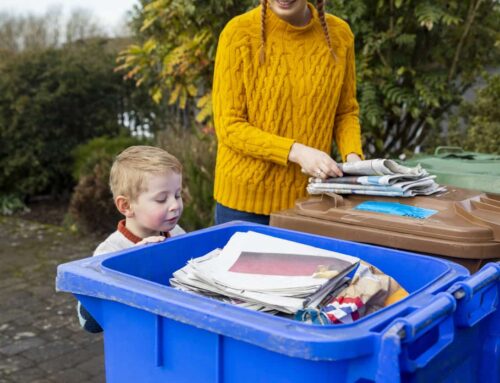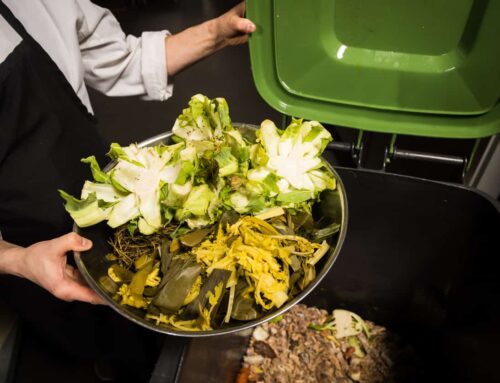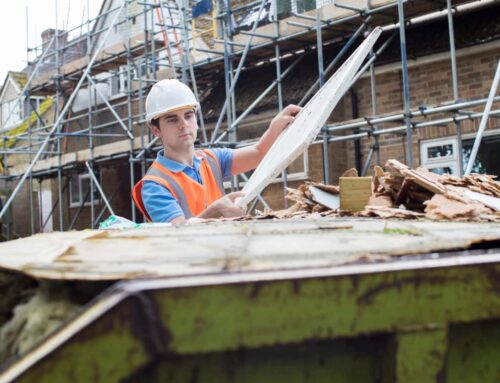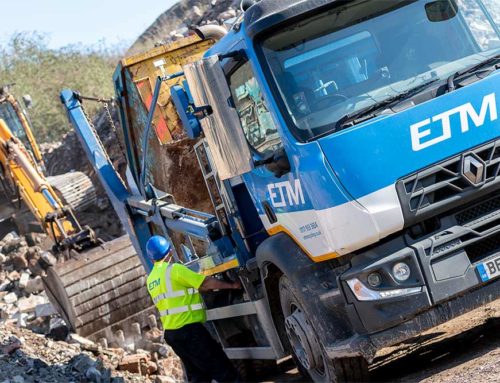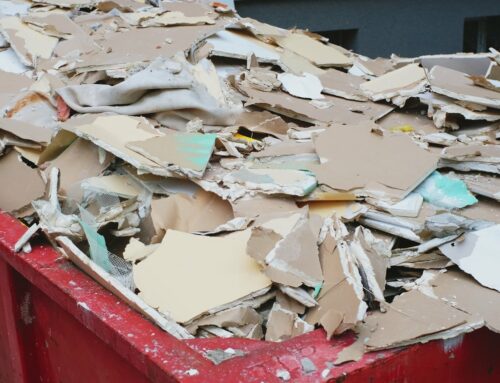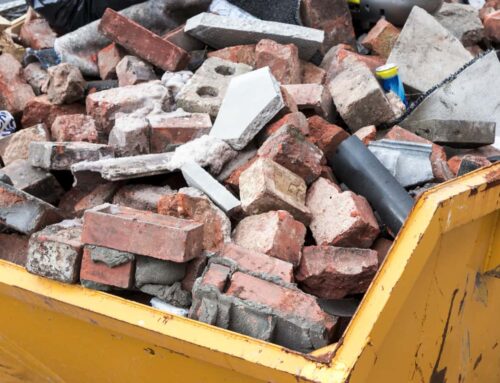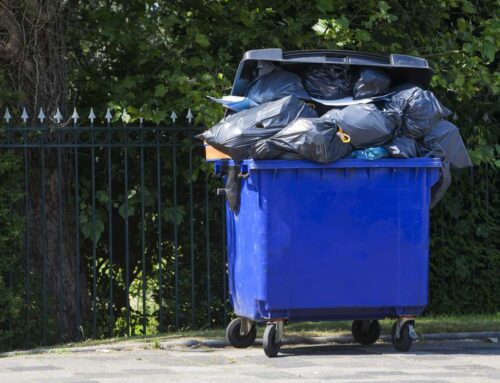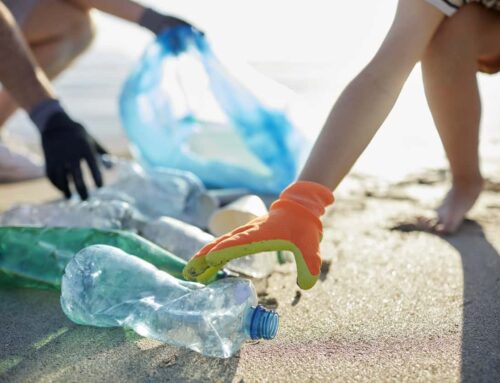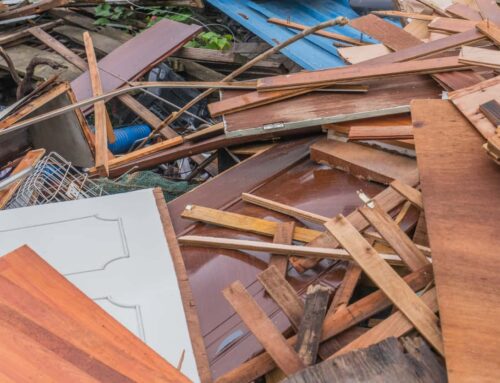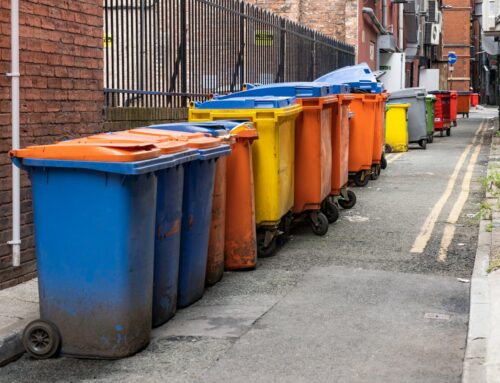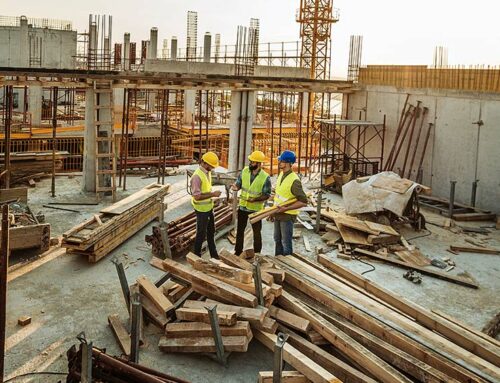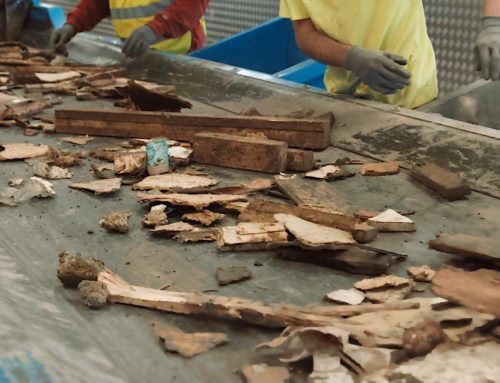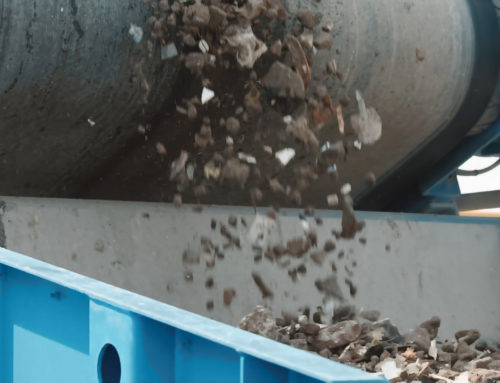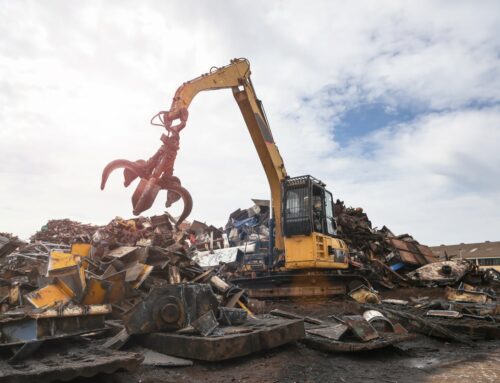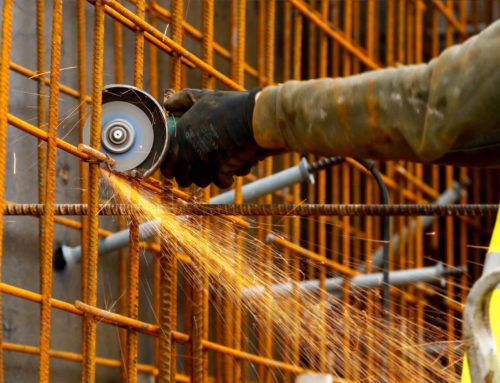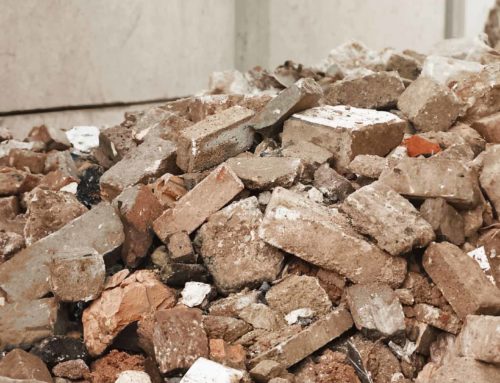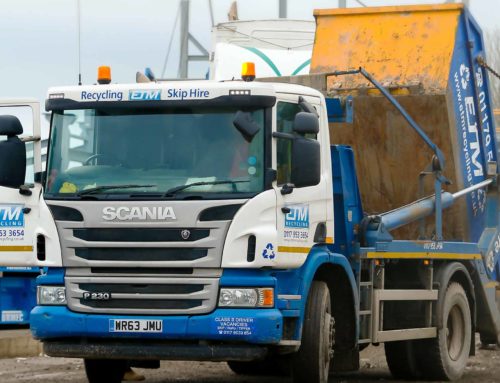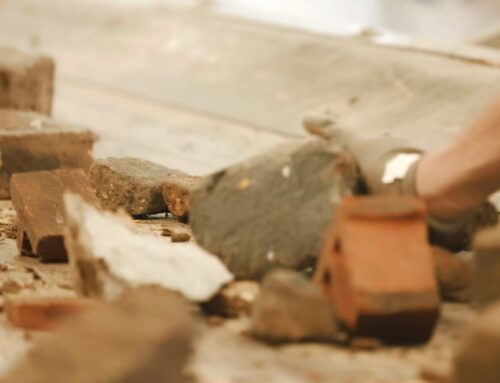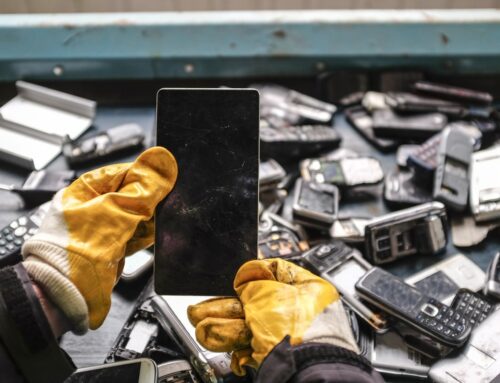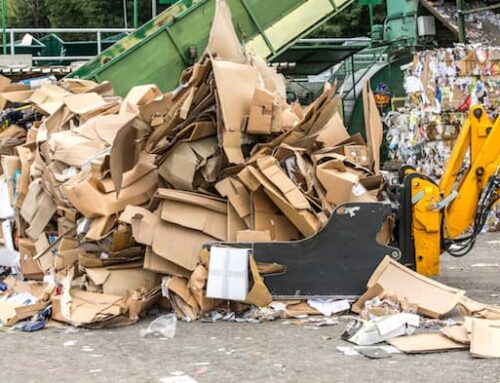Changes to Wood Waste Regulations in 2023
Stay up to date on the latest developments and changes to regulations in wood waste regulations. The Wood Recycling Association (WRA) has conducted a series of examinations resulting in the withdrawal of the Regulatory Position Statement (RPS) 250, changing the way that several types of wood waste need to be classified and handled.
Find out more about the changes in regulation and how they might affect you >
Skips are commonly hired out for domestic and trade purposes, conveniently allowing demolition and construction workers as well as homeowners to fill the skip with all their waste and have it simply collected in one go. Whether you are doing some household DIY or construction work as a business, it’s important to follow the rules of skip hire and only put acceptable waste streams in your skip, else you risk incurring additional fees.
If you are ever unsure, contact the skip hire provider or check the ‘terms of hire’ document which clearly outlines expectations and rules for skip hire according to that provider.
What Can Go in A Skip?
Commonly accepted waste streams in skips include non-hazardous waste. Any waste that is deemed harmful to the environment or human health, therefore ‘hazardous’, should not be in a skip as it requires specialist handling.
To assess whether or not a waste type can go in a skip, it’s often simpler to work out whether it can. Each skip hire provider will have their own variation of accepted waste.
We’ve provided a breakdown of commonly accepted waste types for skips across domestic and trade hire.
Examples of household waste streams that can go in skips:
- Wood
- Tiles
- Plaster
- Paper and cardboard
- Garden waste (leaves, clippings etc.)
Examples of construction waste streams that can go in skips:
- Bricks
- Concrete
- Metals
- Rubble
- Stones
What Can’t Go in A Skip?
The general rule of thumb is that anything deemed to be hazardous waste should not be put in a skip as this presents risk to humans and the environment. Some prohibited items are not explicitly ‘hazardous’ but require dedicated recycling or additional work to dispose of.
If undertaking demolition and construction work accruing hazardous waste, you should ensure proper waste management with an appropriate provider who offers dedicated services with safety and compliance assured.
Common prohibited skip waste items:
- Asbestos
- Gas cylinders and bottles
- Animal waste
- Explosives
- Batteries
- Oil, petrol, diesel
- Chemicals
- Paint (and paint pots)
- Electrical appliances/electronic equipment (TVs, laptops, phones, lighting, microwaves, fridges, freezers etc.)
- Tyres
- Medical and clinical waste
- Plasterboard
- Computer screens
- Fluorescent tubes
- Mattresses
- Aerosols
- Food waste
Bulky items such as tyres and mattresses are often not allowed in skips as these are weighty, and may require specialist disposal and billing, so should be disposed of separately.
If prohibited items are found in a hired skip at the end of the hire term, then you are likely to be charged extra. It’s important to be mindful of what’s going in the skip; not just from yourself or construction crew, but from the general public too.
Electrical Waste in Skips
Under the Waste Electrical and Electronic Equipment (WEEE) Directive, electrical waste must be separated and disposed of specially, aside from general waste, so as to reduce the amount of WEEE in landfill. When electrical appliances and electronic equipment are disposed of, homeowners and businesses should seek advice from specialist disposal companies to remain compliant.
Similarly, batteries too must be separately managed as they can leach harmful chemicals and so should be specifically recycled accordingly.
Construction Waste in Skips
Demolition and construction waste is generally inert waste; materials that don’t naturally degrade but can be repurposed, commonly into recycled aggregates or top soil for reuse in the construction industry. Soil, rubble, sand, and cement are just some of the many waste streams created by demolition and construction that can go in skips.
What Size Skip Should I Hire?
Hiring the right size skip is important in terms of cost efficiency and meeting the waste disposal needs of a project. It’s a good idea to evaluate how much projected waste there will be and what will be acceptable to go in the skip before hiring a skip.
It often works out cheaper per cubic yard of waste removed to go bigger, but only if it will be filled, else money is wasted. On the other hand, getting a skip that is too small can lead to overfilling above the preferred load level resulting in difficult skip collections. Size can be dictated by local authorities too; for example, skips on public highways in the UK are usually restricted to 8 yards.
ETM Recycling offer a range of skips for hire including 4-, 6-, 8-, and 12- yard skips to meet a variety of domestic and trade waste needs. Our friendly team are on hand to help with skip hire enquiries, assisting you to ensure you get the perfect skip hire arrangement for your needs – get in touch to get started!
See our skip information for further details.
Hire A Skip with ETM Recycling
We offer flexible skip hire from our own expansive range of skips for domestic and trade uses in Bristol, Bath and surrounding areas. Our simple online booking system is clear, hassle-free and makes skip hire easy for our customers. To find out exactly what can and can’t go in ETM Recycling skips, check out our prohibited skip items. If you want to know about skip hire, tipping, waste management, or any number of our other services, don’t hesitate to get in touch. A member of our expert team will be able to assist with any enquiry.
